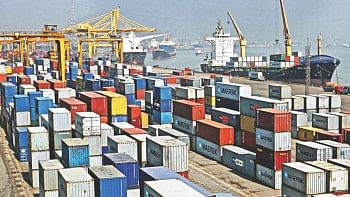Pakistan's top judge returns to bench
Pakistan's supreme court chief justice called for an end to judicial corruption after returning to bench for the first time in 16 months brought back to resolve a political crisis that showed the country's volatility as the fight against terrorism intensifies.
Judge Iftikhar Mohammed Chaudhry also faced demands Tuesday to investigate the disappearance of hundreds of people believed detained by security forces since the Sept 11, 2001, terrorist attacks in the United States.
Chaudhry, hailed by supporters as a fearless and independent justice, was dismissed in late 2007 when then-President Pervez Musharraf declared emergency rule, angering lawyers who protested and helped oust the U.S.-backed military ruler in 2008. It was the second time Musharraf had sought to oust Chaudhry in 2007.
Musharraf's successor, Asif Ali Zardari, had resisted demands to reinstate Chaudhry, apparently out of fears he may examine a deal that has provided Zardari protection from prosecution on corruption claims.
Zardari relented this month, but only after thousands of demonstrators led by Nawaz Sharif, the head of the largest opposition party, were preparing to surround the parliament.
All sides in the dispute have called for reconciliation in recent days, which is likely to please the United States and other Western allies who want Pakistan to focus on battling al-Qaida and the Taliban.
Chaudhry has not said what his priorities as chief justice will be.
At the start of his first hearing Tuesday, Chaudhry thanked Pakistanis for supporting him but warned that the population often viewed the courts as corrupt.
"Lawyers should help us end corruption," he said. "You should point out those cases in which you see elements of corruption. It is a must for justice to end corruption first."
The judge is likely to face strong scrutiny, especially in politically sensitive cases like the fate of several hundred people believed detained during Musharraf's rule.
The issue could prove embarrassing to the United States because some of the missing may have been turned over to American authorities. The US Embassy in Islamabad declined comment.

 For all latest news, follow The Daily Star's Google News channel.
For all latest news, follow The Daily Star's Google News channel. 



Comments